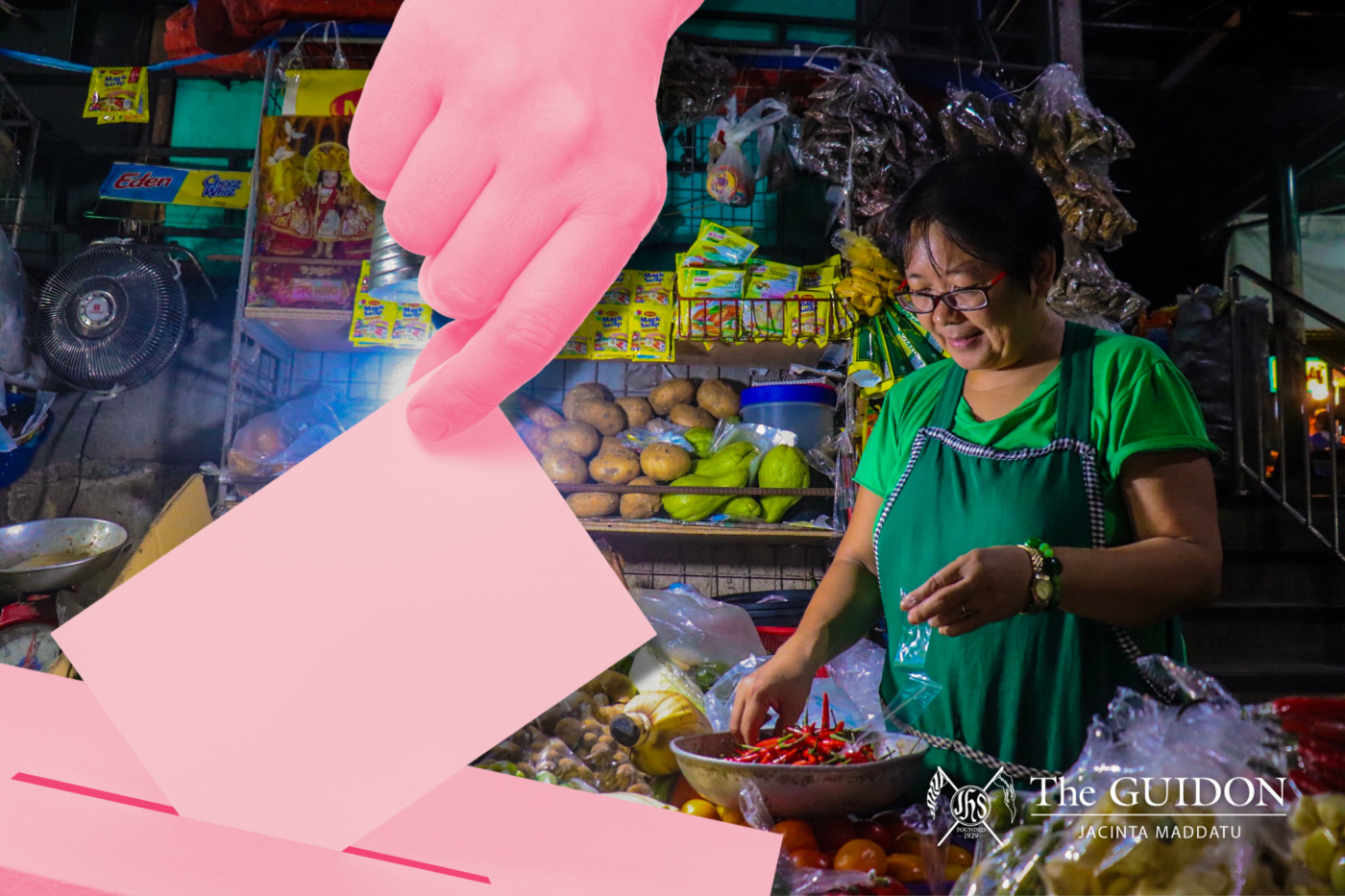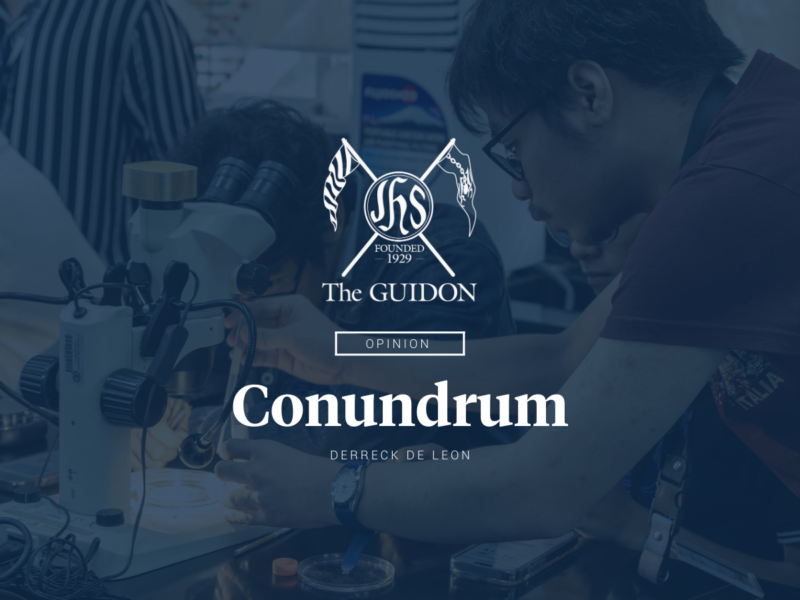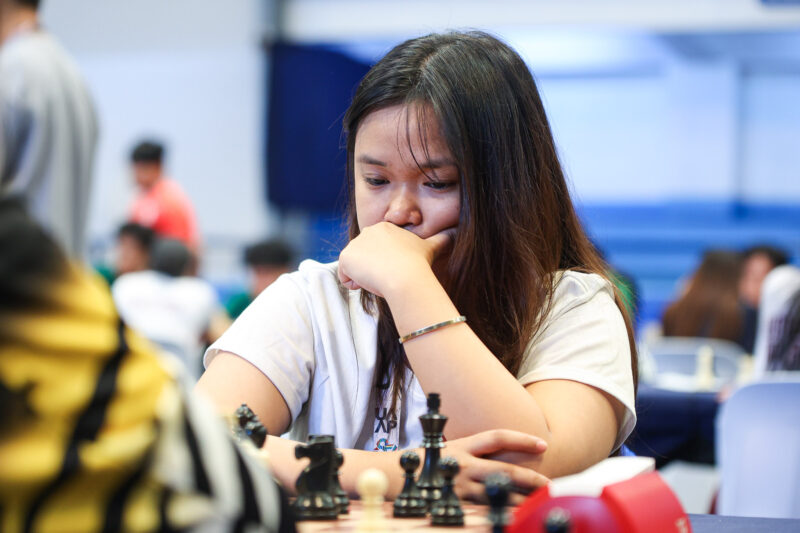EARLY PHILIPPINE legislation was a remnant of colonialism and the people that thrived under it. This much may be due to American involvement in “training” the Philippine Congress’ predecessors, done in anticipation of eventual self-government. Now, decades removed from the influence of American rule, it is within reason to expect continuity in proper representation of the Philippines’ diverse populace.
However, with political dynasties, rich folk, able-bodied individuals, and patriarchy beneficiaries among others occupying a disproportionate amount of governmental positions, progress continues to elude those from the disadvantaged sectors of society.
Small fish, big pond
Marginalized groups such as women, indigenous peoples (IPs), the LGBTQ+ community, and the poor have been historically disempowered by those in power. Thus, their exclusion from the rest of society challenges their right to have a seat in legislation and evoke change for their respective communities.
Barring these groups from occupying space in government substantially stems from the lack of political opportunities. Unfortunately, the elite few have long dominated the Philippine legislature—systematically disallowing the political participation of marginalized sectors in general.
The lack of representation can be observed, for instance, by analyzing the number of women in Filipino politics. Despite the country’s nearly proportional gender ratio, separate reviews of the national and local elections between 1998 and 2019 saw only a slight increase in female candidates. In 1998, women comprised merely 16.1 to 21.44 percent of electoral hopefuls, while in 2019, 20.16 percent of all candidates were women. Such figures reflect the grim reality of disproportionate legislative representation in the Philippines.
A seat at the table
Together with women, the IPs and the LGBTQ+ community struggle to have a say in the law-making arena. Thus, several measures have been taken for their voices to be heard.
In 1997, the Indigenous Peoples Rights Act was passed to guarantee opportunities for IPs to participate in legislation, institutionalizing mechanisms to represent the sector and ensure that they enjoy their rights and freedoms without discrimination.
To achieve gender balance, the Magna Carta of Women provides special measures such as increasing the number of women occupying third-level government positions and establishing requirements to ensure that 40 percent of the planning and implementation teams are women.
Catering to the LGBTQ+ community, the Sexual Orientation and Gender Identity Expression (SOGIE) Equality Bill passed its third reading in the Lower House during the 17th Congress to recognize the sector as equals and ensure the protection of their rights. This bill entails equal opportunity and access to basic rights–including the right to participate in government processes–irrespective of one’s SOGIE.
On representative participation, the Party-List System Act of 1995 was signed into law to promote the party-list system and draw involvement from all sectors of society instead of the elite few. According to former Akbayan Party-list Representative Tom Villarin, this provides proportional representation in favor of the marginalized sectors.
Evidently, several mechanisms were mounted to curb the issue of underrepresentation. This, however, does not entail success in heeding the voice of the inadequately represented.
Screaming into the void
Villarin revealed that these legal and bureaucratic measures were ineffective in curbing the issue. He attributed this to the excessive number of versions of the anti-discriminatory bill. “The constraint here is that if you have a lot of House versions of the bill, the committee would have a difficult time reconciling all these versions,” he explained.
Moreover, the promise of the party-list system to foster proportional representation was not fulfilled. In 2013, the Supreme Court waived the provision which only permits the underrepresented sectors to participate in the party-list elections, allowing members of political clans to occupy legislative seats despite Constitutional premises. “When the provision of the party-list law on having a two percent threshold was set aside, anyone could now vie for the party-list system of representation,” Villarin detailed.
These findings only implore more proactive mechanisms to quell this issue of underrepresentation. With this in mind, leveling the playing field can be done through heightened collaboration between government and non-government entities. Villarin noted that a more institutionalized non-government organization-public office (NGO-PO) partnership may prove very effective to breed a more people-minded government and politically-conscious population.
Willingness and awareness are the keys to representation; as Villarin said, there is a need to empower the people and ensure that they know of their rights and obligations as citizens.
A space to speak
The disproportionate representation of marginalized groups is a complex issue, hence the urgent call for a multidimensional solution to effectively promote proportional representation in government.
Villarin considered poverty as the overarching cause of underrepresentation, highlighting the need to address it due to its ability to hinder and trump one’s political freedom. He also emphasized the crucial role of NGO-POs in empowering local communities and the importance of increased community participation within the public sector–election season or not.
However, as local and national elections draw near, it becomes all the more important for Filipinos to scrutinize the current measures toward representing the marginalized in order to uphold their basic rights as citizens. Ultimately, only a strong and healthy partnership between the public and private sectors can provide more equitable opportunities to those who are inadequately represented in law.




